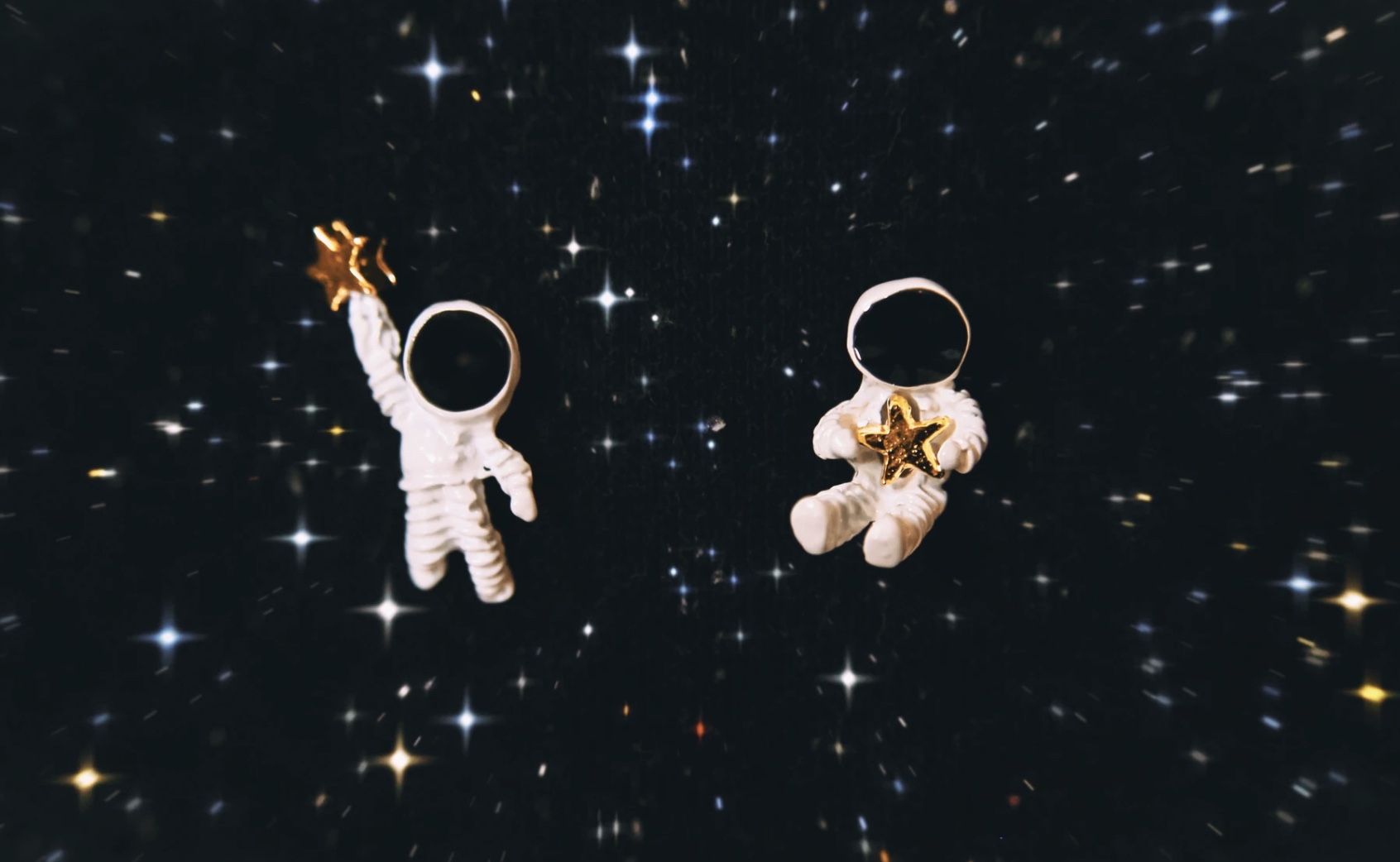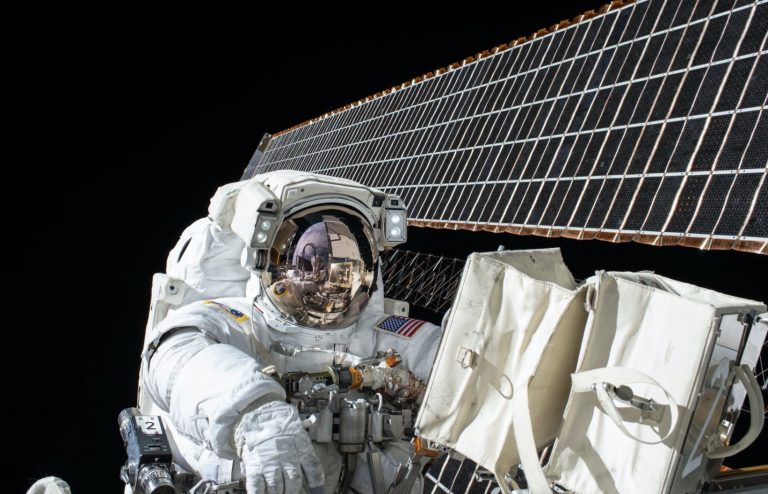Going into space is a feat not many can boast of. Only around 600 people have taken off the Earth and into the stars since Yuri Gagarin made this journey for the first time in 1961. If you dream about working in zero gravity, don’t be quick to disregard it as unrealistic.
In fact, it’s easier to get the most extraordinary job in the universe now than it used to be in the 1970s. Back in the day, when NASA selected their first astronauts, they were picked from the military. Fortunately, now, this exceptional occupation isn’t reserved for the military only.
Still, to become one of the few to go into outer space, you need to brace yourself for a tough path ahead. Persistence, however, is the most important here – astronaut Clay Anderson applied to NASA 14 times before succeeding on his 15th try!
Story Stages
Option #1. State Space Agencies
This is arguably the most viable option, but the competition is cutthroat. Tens of thousands of people send their applications for as few as 10 positions open, and they have to undergo a rigorous recruitment process.
NASA opens its application process roughly once every four years. The ESA (European Space Agency) has only two recruitment processes over half a decade, with the third one underway in 2021.
Option #2. Privately Financed Missions
Who hasn’t heard of Mars One, a project to start a human colony on the red planet? Or Inspiration Mars Foundation’s search for a married couple to go on a round trip to Mars and back?
While such projects received a lot of coverage, they haven’t been as successful in securing the funding to make them a reality.
SpaceX is the only one that managed to live up to the ambitious expectations so far. It was the first private company to operate the orbital spaceflight in 2020. Keep in mind, though: all four members of its Crew-1 team have years of experience at NASA.
Option #3. Space Tourism
It may sound like something out of a sci-fi movie. Yet, the reality is, space tourism has been an option since the early 2000s. Roscosmos sent 7 tourists to the ISS between 2001 and 2009 before it stopped providing the service in 2010.
NASA, in cooperation with privately-owned companies like SpaceX, is eager to resume space tourism to the ISS. Space Adventure, the company that brokered the Roscosmos trips, is already offering a 10-day trip to the ISS.
However, the price tag is extremely high. So, this option remains reserved for the ultrarich for now. The Roscosmos trips reportedly cost up to $25 million per person. Space Adventure’s services come at a price tag of twice as much – $50 million. So, if you want to follow this path, hopefully, you have a plan for becoming a millionaire.
How to Prepare for Becoming an Astronaut
Have you set your mind on joining a space agency? This path will be tough, of course, so consider employing the help of a college essay writing service and/or a tutor to help you excel in your studies. To succeed, map out your career path in advance – and stick to the plan.

Choose the Right Degree
A Bachelor’s degree won’t be enough – you’ll need at least a Master’s. NASA accepts degrees in STEM fields. However, there is a bulky list of exceptions:
- Psychology (except for Clinical, Physiological, or Experimental Psychology).
- Social Sciences (e.g. Geography, Anthropology).
- Exercise Physiology.
- Technology (e.g. Engineering Technology).
- Nursing.
- Aviation or Aviation Management.
The ESA also demands a Master’s degree at least in one of the following fields:
- Natural Sciences.
- Medicine.
- Engineering.
- Mathematics.
- Computer Sciences.
Graduating with average grades won’t be enough. Prepare to spend nights studying and reach out to an essay writer if necessary to pass with flying colors. You need to become a stellar student, so don’t count on having a lot of free time.
Get Involved as a Student
Future astronauts can build up their expertise while still studying at university. For example, NASA offers a number of internships for students. Consider enrolling in extracurriculars that revolve around engineering, robotics, and other STEM fields.
Besides internships and extracurriculars, look for competitions like Artemis Student Challenges and science/engineering fairs. Participating in those will boost your creative problem-solving skills – and those are crucial for astronauts.
Balancing all of this with studies can be tough. So, don’t hesitate to get some help with essay writing if needed. You can also seek mentorship or hire a tutor if you struggle with a topic or a subject or need to take your learning process to the next level.
Develop These 6 Soft Skills
Even extremely qualified candidates won’t be selected if they can’t cope with the challenges of working in space. After all, being an astronaut means spending months in confined spaces with others and working tiresome shifts. So, space agencies look for candidates with the following soft skills:
- Effective teamwork.
- Concise communication and excellent conflict management.
- Impeccable fine motor skills.
- Strong analytical mindset.
- Ability to cope well with stress and pressure.
- Sound risk management.
Hit the Gym and Swimming Pool
Get ready to work out. A lot. Your body has to be prepared for extreme conditions like additional gravity during takeoff and exhausting working tasks in general.
In addition to that, swimming is integral to astronaut training. Space agencies require selected candidates to pass a swimming test early in their training. So, if you’re not 100% confident in your skills, regular visits to the pool are a must.
Gain Relevant Experience
Fresh-out-of-university candidates won’t make the initial cut. For example, NASA asks for 2 years of professional experience. It can be obtained through working either in the field or towards a doctoral program.
The ESA, in its turn, will consider applications from candidates with a minimum of 3 years of professional experience. Ph.D. research counts towards it.
